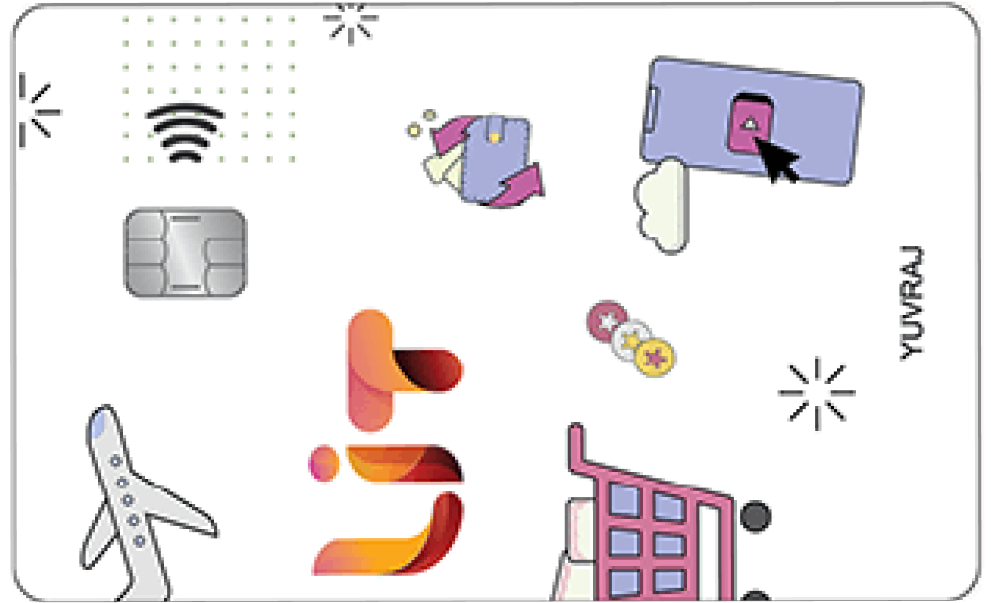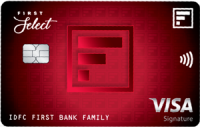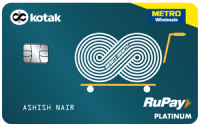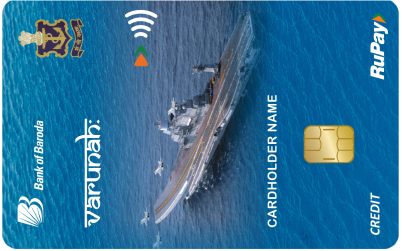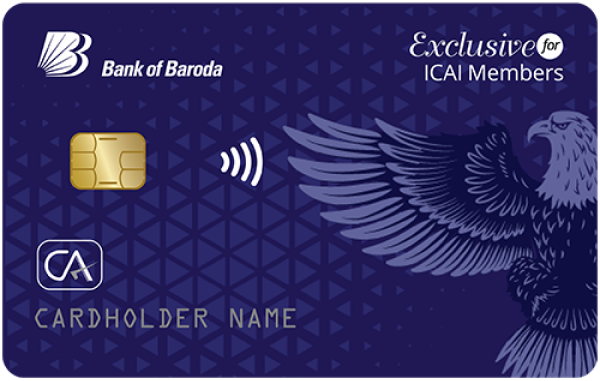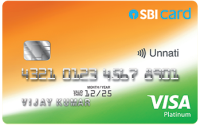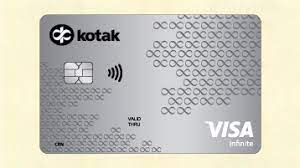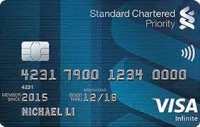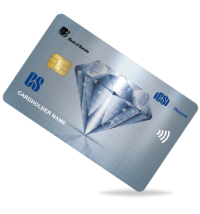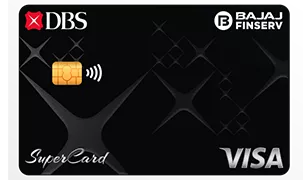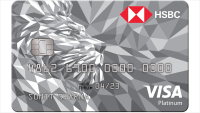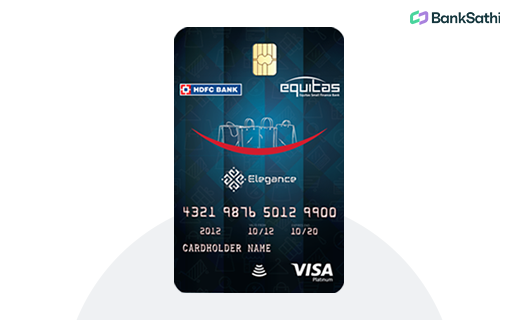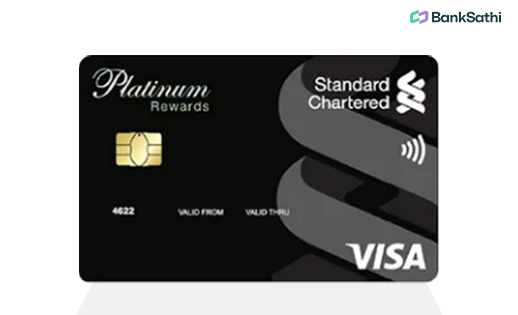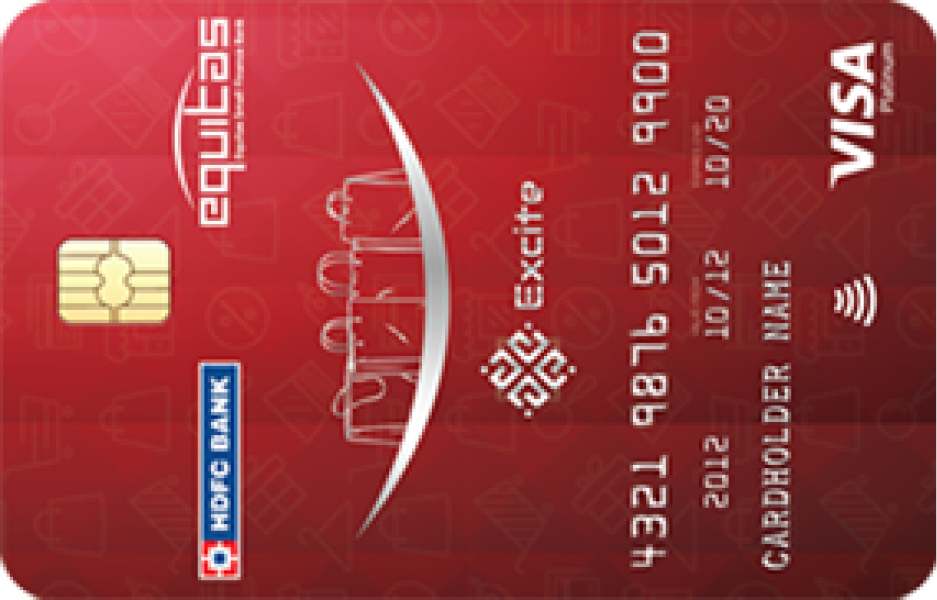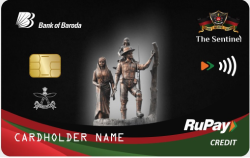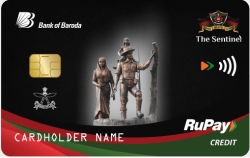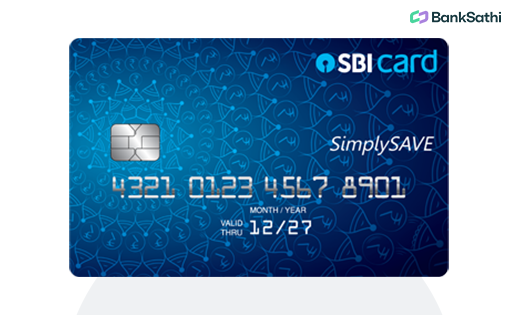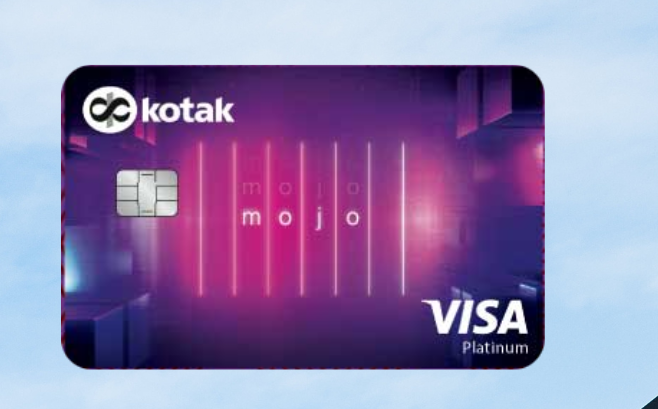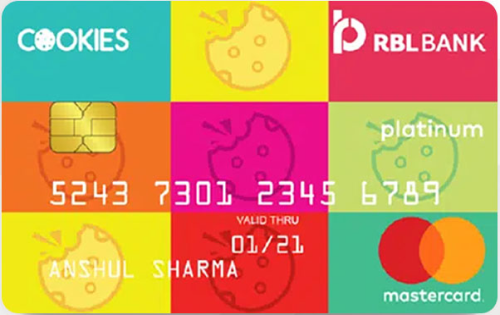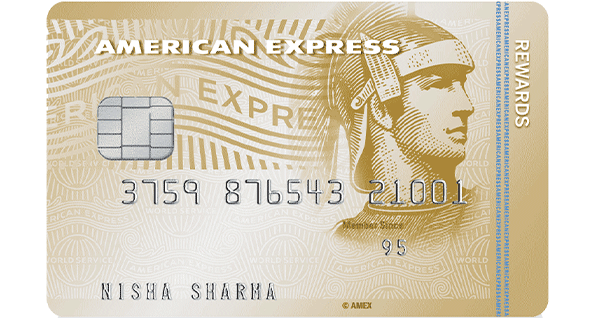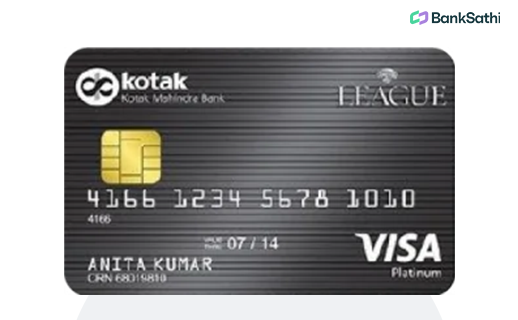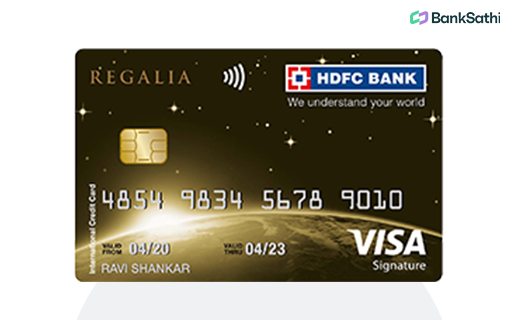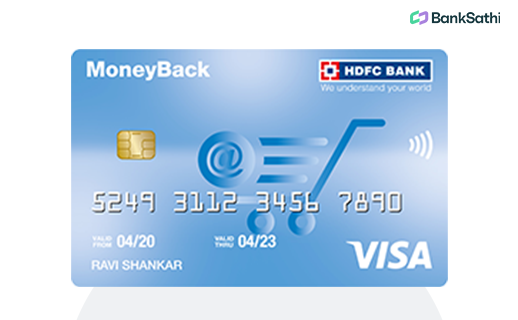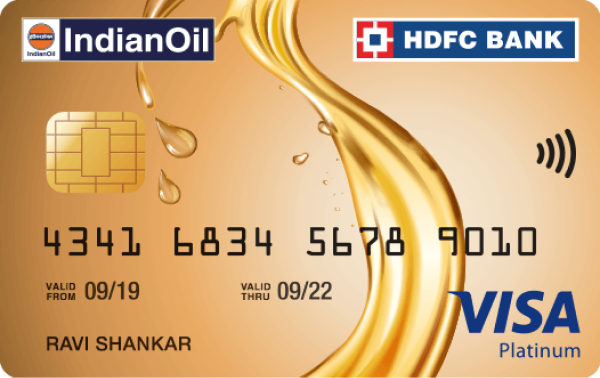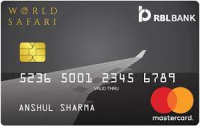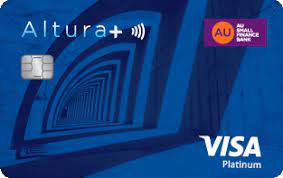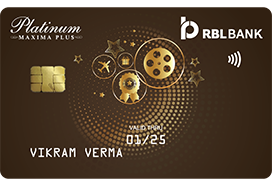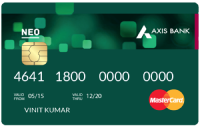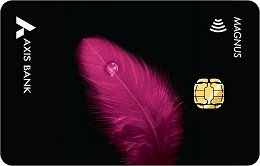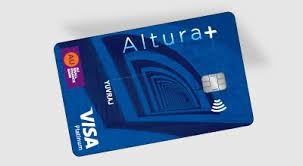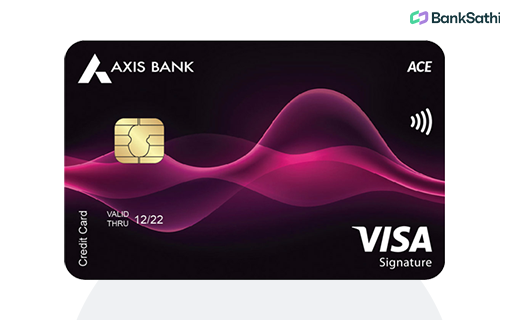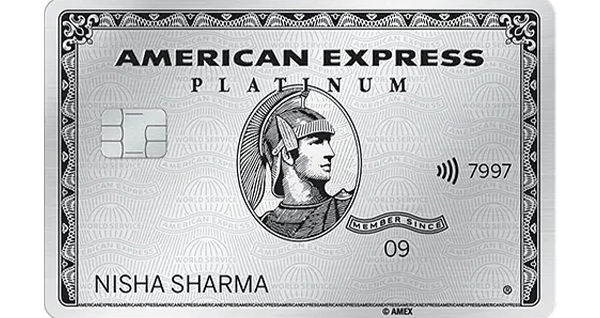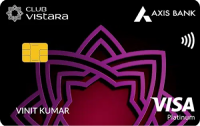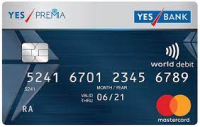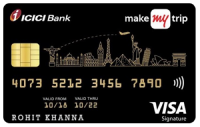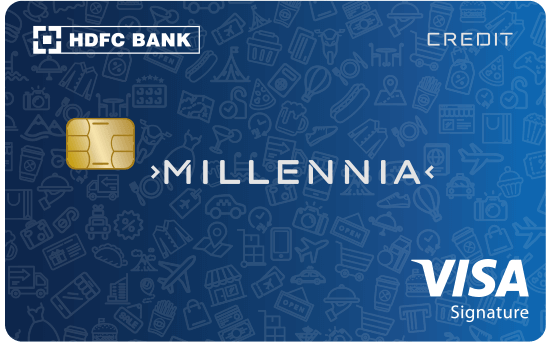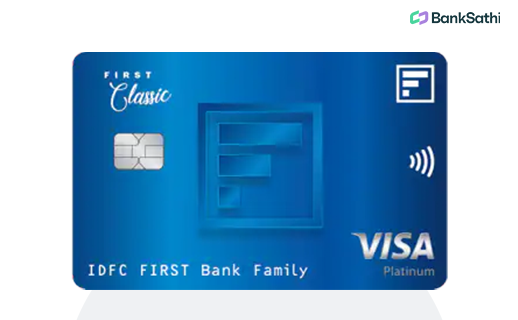
Compare & Apply Credit Cards in India 2024
Discover Credit cards & Enjoy a range of benefits, including credit-building opportunities, rewards, exclusive discounts, & Amazing Cashbacks
Top Lifetime Free Credit Cards
Top Fuel Credit Cards
Top Travel Credit Cards
Top LifeStyle Credit Cards
Selecting the right credit card can be challenging due to the numerous options available in the market. Whether it's cashback, rewards, travel, or shopping benefits, the top credit cards in India are designed to cater to various lifestyles. Therefore, it's crucial to compare credit cards from different issuers and choose the one that best suits your needs and requirements.
What is a Credit Card?
A credit card enables cardholders to access funds up to a set credit limit to purchase goods and services. It is accepted for transactions at point-of-sale terminals and can also be used for online payments. The credit limit is determined by the card issuer based on factors such as the applicant's income, credit score, existing financial obligations, and the issuer's internal policies.
The information on your credit card contains essential details such as the credit card number, expiration date, cardholder's name, and CVV. These particulars are critical when enrolling your card for online payments
Credit cards offer various rewards such as reward points, cashback, air miles, and discounts for every transaction. As long as the total dues are settled expeditiously and cash withdrawals are avoided, you won't be charged any interest on your credit card balance.
Features and Benefits of a Credit Card
Credit cards come with a wide range of features and benefits tailored to suit the needs of different cardholders. While the specifics may vary depending on the type of card you have, there are some common features that you can expect to find across most credit cards, as outlined below:
Easy access to funds: Having a credit card with a generous credit limit not only enhances your purchasing power but also serves as a valuable resource during unexpected financial crises.
Helps build credit profile: By maintaining a disciplined approach to your credit card usage, you can steadily improve your credit score over time. Having a good credit score through disciplined use of your credit card is not only beneficial for availing loans to achieve important life goals like buying a home or a car but also opens up a world of financial opportunities.
Value-back on every purchase: Most credit cards provide value back in different ways. For instance, some cards reward you with points for every purchase, which can be redeemed for a variety of goods or services. On the other hand, certain cards offer cashback on your spending, providing you with a percentage of the amount spent back in your account. Additionally, there are cards that provide direct discounts with specific brands, allowing you to save money instantly on your purchases.
EMI Conversion: Credit cards offer the convenient option of converting significant purchases into manageable EMIs, allowing individuals to spread out the cost over several months. This feature is particularly beneficial for those who may not have the financial capacity to pay a large sum upfront but can comfortably handle smaller monthly payments.
Add-on Cards: Having add-on cards on your primary credit card allows you to extend the benefits and privileges of your card to your loved ones. Whether it's your spouse, children, or parents, they can all enjoy the convenience and perks that come with using the card.
Fuel Surcharge Waiver: When you use your credit card to purchase fuel, many credit cards provide a convenient 1% fuel surcharge waiver. This benefit can save you money every time you fill up your tank. However, it's essential to note that the specific transaction value eligible for the waiver and the maximum waiver amount allowed per month can vary depending on the credit card you hold.
Airport Lounge Access: Airport lounge access is not limited to travel credit cards. Many other types of credit cards also provide complimentary access to airport lounges, allowing cardholders to enjoy a moment of relaxation and luxury before their flight. The number of free lounge visits you can avail of may differ depending on the specific credit card you hold, with some offering a set number of visits per month, quarter, or year.
Insurance Cover: Additionally, some credit cards offer complimentary insurance coverage for a wide range of unforeseen events such as air accidents, emergency hospitalizations, lost card liabilities, and loss of luggage or important documents while traveling. The extent and specifics of this insurance coverage may vary depending on the type of credit card you hold.
Concierge Service: Premium credit cards often include a complimentary concierge service, offering users the convenience of booking travel, arranging gift deliveries, and receiving roadside vehicle repair assistance through the concierge desk.
Types of Credit Cards in India
Credit cards typically fall into one or two main categories, which help determine their specific type. Below are some of the most popular credit card types. Feel free to explore the information provided to learn more about each category and discover the best credit cards available in detail.
Travel Credit Cards: Travel credit cards are the perfect companion for avid travelers looking to make the most out of their journeys. With benefits such as earning air miles for every purchase, redeeming points for free flights, enjoying discounted hotel stays, gaining access to exclusive airport lounges, and even receiving travel insurance coverage, these cards truly elevate the travel experience
Travel Credit Cards: Travel credit cards are the perfect companion for avid travelers looking to make the most out of their journeys. With benefits such as earning air miles for every purchase, redeeming points for free flights, enjoying discounted hotel stays, gaining access to exclusive airport lounges, and even receiving travel insurance coverage, these cards truly elevate the travel experience
Shopping Credit Cards: For savvy shoppers seeking to amplify their savings across online and offline purchases, shopping credit cards are an essential addition to their wallets. These cards offer a range of benefits, including reward points that can be redeemed for discounts or merchandise, cashback on purchases, exclusive discounts at partner retailers, and co-branded perks that provide additional savings.
Rewards Credit Cards: These rewards credit cards provide an enticing incentive for every purchase made, allowing cardholders to accumulate valuable reward points with each transaction. These points can later be redeemed for a variety of benefits, including vouchers or merchandise from the issuer's rewards catalog. Alternatively, cardholders have the option to convert their reward points into air miles for exciting travel opportunities or receive cashback as a direct return on their spending.
Cashback Credit Cards: Provide users with a direct cashback percentage on their spending instead of rewarding them with points.
Fuel Credit Cards: Fuel credit cards are a great way for cardholders to save on their fuel expenses by offering additional reward points specifically for fuel purchases. These cards are often co-branded with major fuel companies such as Indian Oil, HPCL, BPCL, and more.
Lifetime-free Credit Cards: These credit cards are a boon for users who want to enjoy all the benefits of a credit card without having to pay any joining fee or annual fee. With no hidden charges, these cards provide a hassle-free experience for cardholders who want to maximize their savings without any additional costs.
Entry-level Credit Cards: Entry-level credit cards are perfect for those who are just starting their credit card journey. These cards typically have low fees, simple eligibility requirements, and a basic rewards structure, making them ideal for beginners who are still learning how to manage their finances responsibly.
Dining Credit Cards: Assist credit card holders in saving on their dining expenses through a variety of benefits such as reward points, discounts, co-branded perks, and complimentary memberships.
Co-branded Credit Cards: Co-branded credit cards are specifically designed for brand loyalists who want to maximize their rewards and savings when shopping with their favorite brands. These cards offer higher rewards and cashback incentives when making purchases with the associated brand, allowing cardholders to earn more benefits for their loyalty.
Grocery Credit Cards: Rewards users for their purchases at grocery stores and departmental stores, offering valuable benefits for everyday shopping needs.
Premium Credit Cards: Premium credit cards are tailored to cater to affluent individuals who have higher income levels and are looking for exclusive perks. They come with a range of high-end benefits that regular credit cards may not offer.
Hotel Credit Cards: Assist travelers in accessing discounted accommodations, complimentary memberships, and other perks to help them save on their hotel expenses.
Business Credit Cards: Business credit cards are a valuable tool for organizations and their employees, offering a range of benefits that can help streamline operations and save on costs. These cards are typically issued directly in the name of the organization or individual employees, providing a convenient way to track business expenses and separate personal and professional finances.
How do Credit Cards Work?
Credit cards offer users the convenience of making purchases both online and offline, similar to a debit card. When you use your credit card, the amount spent is deducted from your available credit limit. However, unlike a debit card where the funds are immediately taken from your bank account, with a credit card, you have a certain period, to pay off the amount without incurring any interest charges. Once you make the payment towards your credit card bill, the amount is credited back to your card, replenishing your available credit limit for future use.
Credit cards typically provide a generous interest-free period of around 50 days, consisting of a 30-day billing cycle and an additional 20-day grace period before the bill due date. It's important to note that this interest-free period does not apply to cash withdrawals or any outstanding balances on the card.
It is important to note that credit cards require users to repay the borrowed amount by the bill due date or in installments through EMIs. Failure to do so may result in additional interest charges and penalties.
Reasons to Get a Credit Card
If you find yourself questioning the necessity of obtaining a credit card, consider these scenarios where having one could be beneficial:
- You are new to credit and aiming to enhance your credit score.re
- You are looking to understand how to manage credit responsibly.
- You are seeking to enhance your purchasing power.
- You are interested in maximizing your savings on daily expenses by taking advantage of rewards or cashback offers.
- You are interested in financing large purchases through convenient EMIs.
Pros of Using a Credit Card
- You can enjoy the convenience of making a purchase now and paying it later.
- You have the opportunity to take advantage of no-cost EMI options on leading e-commerce platforms.
- Credit cards can contribute to improving your credit score when used responsibly.
- You have the opportunity to receive rewards or cashback, adding extra value to your purchases.
Cons of Using a Credit Card
- Failing to make timely payments may result in accumulating high interest charges.
- There is a risk of overspending in order to maximize rewards or benefits.
- Regularly reaching the credit limit on your card can negatively impact your credit score.
- Certain retailers may have restrictions on the specific credit card networks they are able to accept.
Eligibility Criteria for Credit Card
The eligibility criteria for credit cards vary not only among different issuers but also for various types of credit cards offered in India. While age, city of residence, income source, credit score, and other basic requirements are generally consistent across card variants, the key distinguishing factor is the minimum income threshold. Card providers have established income eligibility criteria based on the card's type, benefits, and annual fee.
- Age: At least 18 years old, with a maximum age limit of 60 years
- Credit Score: Ideally, a credit score of 700 or higher is recommended.
- Employment Status: Salaried or Self-employed
- Minimum Income: Varies among different banks.
Credit Card Fees & Charges
Credit card providers charge various fees to cardholders based on the type of card they have. While some fees, such as joining or annual fees, are necessary to maintain card usage, others like finance charges, cash withdrawal fees, and late payment charges are incurred based on individual card usage. It is important to be aware of these charges to make informed decisions about your credit card usage.
Documents Required to Apply for a Credit Card
The documents needed to apply for a credit card can differ depending on the issuer. However, in general, you will typically be asked to provide the following documents:
- Identity proof: You can use documents like your Aadhaar card, PAN card, driving license, passport, or voter's ID to verify your identity.
- Address proof: Including utility bills like electricity or telephone bills, Aadhaar card, or any other valid document confirming your residential address.
- Annual ITR (if required): If you have your own business or additional income streams, you might be asked to provide your annual Income Tax Returns (ITR) as a verification of your financial position.
- Latest salary slips: Providing your most recent salary slips as a salaried individual can effectively showcase your income and ability to repay.
- Duly-filled application form: Completing this form is essential as it captures your personal details and acts as a formal application for obtaining a credit card.
- Passport-size photographs: Typically, you'll be required to submit a couple of recent passport-sized photographs for identity verification.
- Bank statement: Submitting your bank statements from the past three to six months is crucial in confirming your financial transactions and demonstrating your financial stability.
- Form 16: For those employed in a salaried position, a Form 16 provided by your employer serves as evidence of your earnings, tax payments, and deductions.
Important Considerations Before Applying for a Credit Card
When searching for the right credit card, consider your spending habits. Follow below 5 steps to choose the best card for you.
- Identify your need for a credit card: Determine whether you need a credit card to build credit, make larger purchases, or access category-specific offers. Choose a card that aligns with your specific requirement.
- Understand your credit profile and eligibility: Review your credit profile and eligibility before applying for a card to ensure you meet the requirements.
- Compare credit cards based on eligibility: Narrow down your choices by considering affordability and core needs, based on your eligibility and comparing available options.
- Choose the best credit card for long-term value: Select the credit card that offers the best long-term value and potential for upgrades.
- Compare and apply online: You can compare and apply for credit cards online through either the bank's website or a third-party website to find the best card for your needs.
To secure your credit card, avoid sharing details like card number, expiry date, CVV, PIN, or OTPs. Track transactions and report any suspicious activity or lost cards promptly.
You can add RuPay credit cards as a payment method for UPI transactions made via Google Pay, enabling purchases and transfers even with insufficient balance in your linked savings account. Currently, only Visa and Mastercard credit cards can be linked for non-UPI online payments.
A credit card statement summarizes all transactions made during a billing cycle, including purchases, payments, and other charges. It includes account details like credit limit, total dues, payment due date, and minimum due amount. It can be mailed or downloaded online.
Beginners can use credit cards to build credit history, understand card features, maximize savings, and analyze spending habits for potential upgrades.
Some credit cards offer free movie tickets based on monthly spending, like RBL Play and Kotak PVR. SBI Card ELITE provides up to Rs. 6,000 worth of free movie tickets per year without spending milestones.
The unique 14 to 16 digit code imprinted on your credit card is known as the credit card number. This number serves as a key identifier for the credit card network, issuer, and cardholder, ensuring secure and efficient transactions.
The card annual fee is charged yearly in the same month as the joining month of the first year. For example, if your credit card was activated in March, you will be charged the fee in the March monthly statement every year.
Popular banks in India offering credit cards include HDFC, SBI Card, ICICI, Amex, Axis, Citibank, Standard Chartered Bank, and Kotak Mahindra Bank. Choose the card that best suits your needs.
A secured credit card is issued against an asset, such as a Fixed Deposit, making it a great option for individuals who may not qualify for a traditional unsecured credit card. This type of card offers a solid starting point for building credit history and financial responsibility.
You can convert big purchases into easy EMIs with varying interest rates depending on the lender. Use the credit card EMI calculator to check rates. Some lenders offer discounted or interest-free EMIs in collaboration with brands. Check EMI options through net banking, mobile app, or customer care.
There are credit cards in India that offer great deals, with some being free for a lifetime or having a minimal annual fee. Examples of such cards include HDFC Moneyback, HSBC Platinum, and ICICI Amazon Pay Credit Card. It's important to compare these cards based on their benefits and fees to make the right choice for your financial needs.
Add-on credit cards are issued under a primary card, allowing transactions to be directed to a single account for payment. Useful for students away from parents or those without a card. Credit limit may be lower than primary card, with sub-limit distributed equally among additional cards. Terms vary by bank.
You can apply for a credit card directly through the issuer's website or branch, or through third-party websites.
Your credit utilization ratio is the proportion of your card usage to the total credit limit available. For instance, let's say your credit card has a generous credit limit of Rs. 100,000. If you have already utilized Rs. 30,000 of this limit, your credit utilization ratio would stand at 30%. It's advisable to aim for maintaining a healthy credit utilization ratio of around 30% across all your credit cards.
While most banks and NBFCs do not permit direct transfers from your credit card to your bank account, there are certain mobile apps that offer this service for a small fee. However, it is advisable to avoid using this method as a means to access cash.
Interest rates are levied on any outstanding balance on your credit card. Credit card interest rates are known to be among the highest compared to other debt instruments available to consumers. Typically ranging from 18% to 45% annually, these rates are influenced by factors like the type of card, issuer policies, and other variables.
When making purchases in a currency other than the Indian Rupee, most banks impose a foreign currency mark-up fee ranging from 1.75% to 3.5%, with variations between different credit cards.
Certain cards allow converting reward points to statement credit, like SBI Elite where 4 points equal Rs. 1 for settling dues.
The minimum amount due on your card is the smallest payment required by the due date. Typically, it is 5% of the total outstanding balance on your credit card. However, this amount may be higher if you have made purchases on EMI, exceeded your credit limit, or have unpaid dues from the previous month.
Multiple payment options available include net banking, mobile banking, bill desk, NEFT, and cheque. You can also pay in person at a bank branch, but cash payments may incur a fee.
Missing a credit card payment incurs a fixed late fee and ongoing interest charges, leading to a debt spiral and impacting your credit score.
The credit limit is the maximum amount you can spend on your card. It is set by banks based on factors like credit score and repayment history. Avoid reaching the limit regularly to maintain a good credit score.
To increase your credit limit, contact your card issuer via net banking or customer care to request a limit increase.
Credit cards can be used domestically and internationally, with a typical 3.5% forex markup fee on overseas transactions.
A revolving credit facility provides you with the flexibility to borrow funds, use them as needed, repay the amount, and then access the funds again when required. However, your access to the funds is limited to the credit limit assigned to you.
© 2025 Buyhatke Internet Private Limited. All rights reserved.
